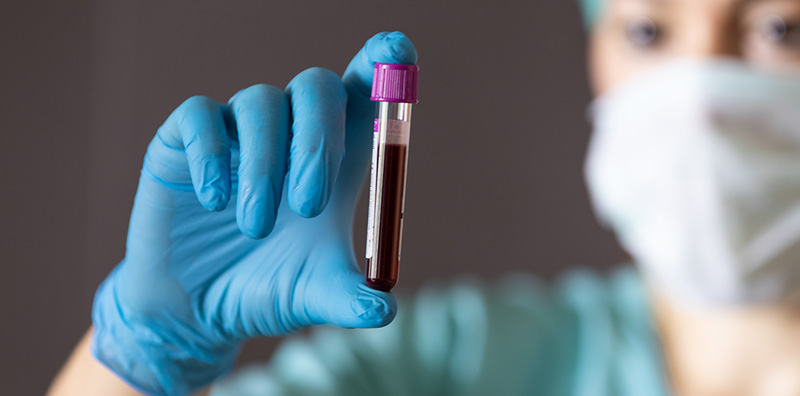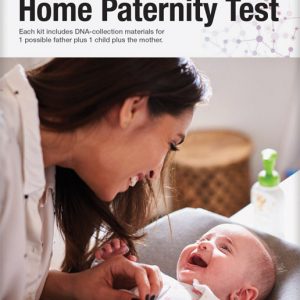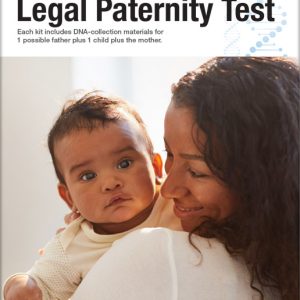
Blood types are essential to human biology and have many applications, from medical treatments to understanding human relationships. Here, you will learn about the complexities of blood types, how they can be used to confirm biological relationships, their limitations, and more.
What are Blood Types?
Blood types are classifications of blood and are based on the presence or absence of specific antigens on the surface of one’s red blood cells. These antigens determine how the immune system reacts to foreign substances.
The ABO Blood Group System
The primary system used for blood typing is the ABO system. The blood types under this system include:
- Type A
- Type B
- Type AB
- Type O
Understanding Inheritance: Chart of Blood Types
Much like how genes determine a child’s gender, blood type is inherited through genetics. A child’s blood type is determined by the combination of parental alleles they receive.

Source: The Red Cross
How Blood Typing Can Establish Paternity
Blood types can be used to establish paternity by looking at the child’s blood type and comparing it to the potential father’s. For example:
- If a child has Type O blood, but the father has Type AB blood, it’s genetically impossible for him to be the biological father.
- If both parents have Type O blood, the child must have Type O blood.
If a child’s blood type is incompatible with the potential father’s, the individual can be excluded as the biological father.
DNA Testing: The Best Way to Establish Paternity
While the blood type chart is an intriguing and helpful tool in determining parentage, it comes with notable limitations and considerations. In particular, it can only exclude a potential father, not definitively prove paternity.
DNA testing, unlike blood typing, looks at the unique genetic material passed from parents to a child. This method is far more precise and reliable for confirming paternity. Some benefits of utilizing DNA testing to establish paternity include:
- Accuracy: DNA testing can be 99.9% accurate or more when establishing paternity, offering a level of certainty that blood typing can’t achieve.
- Conclusiveness: Rather than simply excluding potential fathers, DNA testing can definitively identify a child’s biological father.
- Legal Recognition: Certain DNA tests are accepted by courts and legal entities as valid proof of paternity.
Frequently Asked Questions About Blood Types
Some common questions regarding blood types include:
Can a person’s blood type change?
A person’s blood type can not naturally change throughout their lifetime. However, in rare cases, blood type can change due to bone marrow transplantation or specific illnesses affecting the blood.
Why is it important to know my blood type?
Knowing your blood type is vital for blood transfusions, organ transplants, and pregnancy care, as incompatible blood types can lead to serious medical complications.
How can I find out my blood type?
You can determine your blood type through a simple blood test performed at a medical facility or blood donation center.
Do siblings have the same blood type?
Siblings might share the same blood type, but it’s not guaranteed. Blood type is determined by the combination of alleles (different forms of a gene) that a person inherits from their parents.






0 Comments